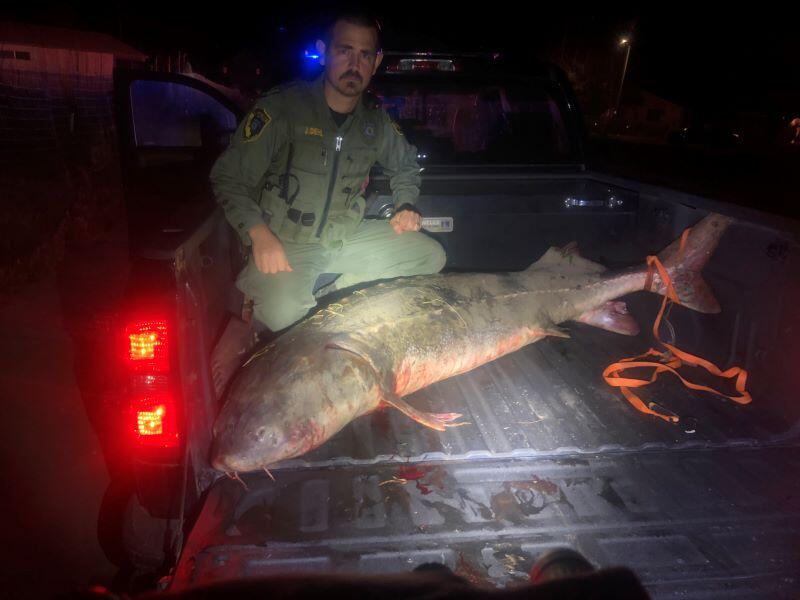In Southern California, seven men are facing charges in a significant case of unlawful fish sales. The California Department of Fish and Wildlife (CDFW) revealed that these individuals were involved in a network that illegally sold over 5,500 pounds of fish, including tuna and mahi-mahi, for a staggering $26,000.
The operation showed a blatant disregard for fishing limits, documentation requirements, and the regulated practices of the commercial fishing industry.
Among those charged were David and Nicholas Haworth from San Diego, who were found to be buying and selling fish caught recreationally without following proper procedures. They failed to document their catches and even went as far as falsifying official documents to cover up their illegal activities.
The Haworths collaborated with six local recreational anglers who were also found to be engaging in various illegal fishing practices. These included operating without proper registration or permits, selling fish from a commercial passenger boat, and tampering with official documents.
The investigation into the Haworths and their associates spanned six months before culminating in their arrests. Nicholas Haworth pleaded guilty to two counts of unlawfully selling recreational-caught fish and was fined $10,000, along with court-ordered community service.
David Haworth was also sentenced to community service and required to organize events feeding fish to the homeless at a local food bank—a unique punishment for their crimes.

Others involved in the illegal fish sales operation, including Mitchell Bradford, Lucas Dirkse, Brandon Demelo, Tanner Whitmarsh, Trevor Whitmarsh, and David Brown, also faced legal consequences.
They received fines ranging from $5,000 to $60,000, with one individual having an active arrest warrant issued against them.
Related Articles:
- Side Chick Chicken Restaurant Expands to Second Location Amid Pandemic Success
- Breaking News: Florida Student Arrested for Bringing Loaded Gun to School Sparks Widespread Safety Concerns
- San Ysidro Home Fire Displaces Four Adults and Child
San Diego City Attorney Mara W. Elliott emphasized the importance of California’s strict environmental laws in protecting natural resources for future generations.
The enforcement and prosecution of such laws are crucial for preserving the region’s natural wonders and ensuring that outdoor activities can be enjoyed responsibly and sustainably.














+ There are no comments
Add yours